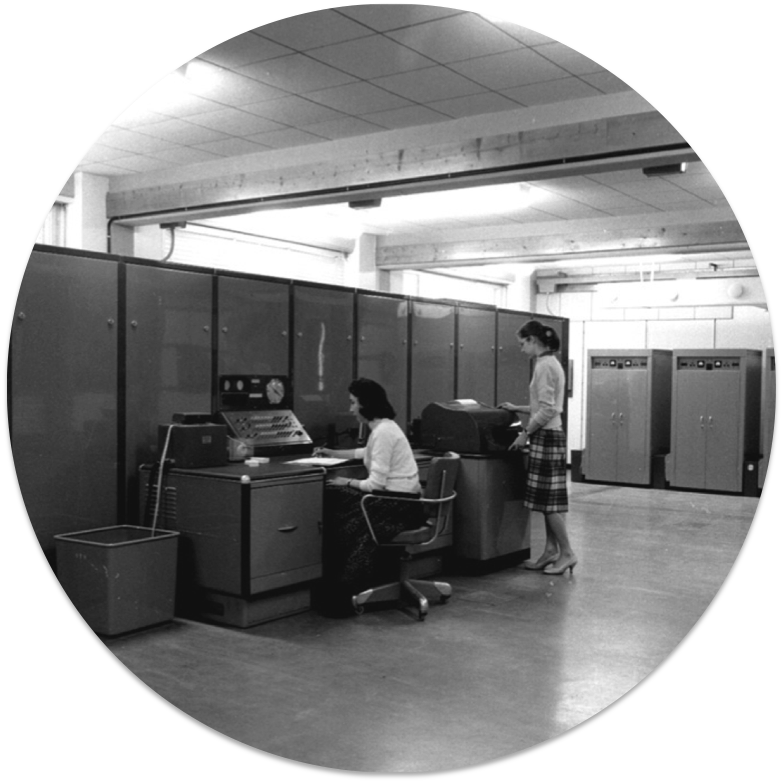4th Developers@CERN Forum
Idea Square
CERN

How do you push your application faster than the LHC?!
The Developers@CERN Forum is an event by developers, for developers, aimed at promoting knowledge and experience sharing.
This edition will take place during the afternoons of the 23rd and 24th of October. It will consist of a series of short presentations and workshops. The topic for this conference will be Application deployment, from 0 to Production.
Have you got an idea for a presentation or workshop? Then, tell us about it (deadline the 9th of October).
Registration will open in August. Please subscribe to developers-forum-announce@cern.ch mailing list for further information.
This event will be made by developers for developers. We are counting on your presence, but also on your contributions!
Developers@CERN Forum is an initiative of a group of developers targeting all software developers at CERN. It aims at building a community of developers to share knowledge and experiences. We plan to organise few events per year, each one having a different topic. To learn more about the initiative, read the CERN Announcements entry.
Organization
You can get in touch us at developers-forum-organizers@cern.ch.